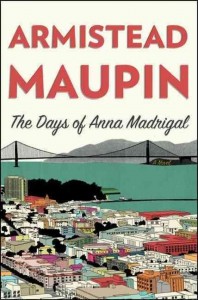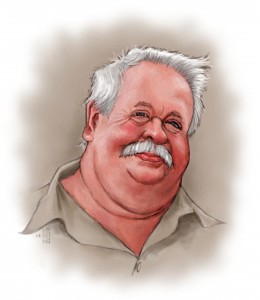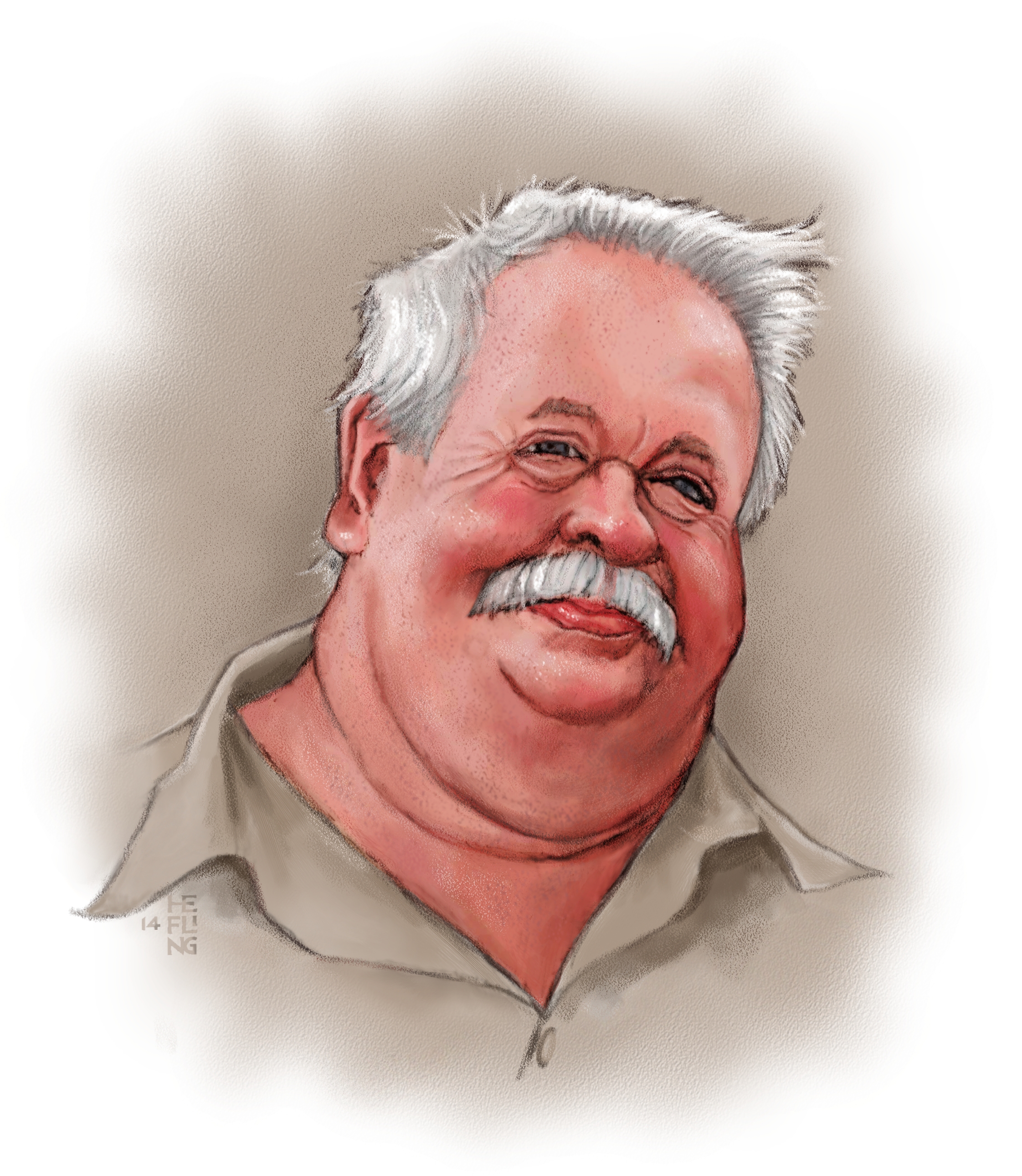 The Days of Anna Madrigal
The Days of Anna Madrigal
by Armistead Maupin
Harper Collins. 276 pages, $26.99
WHEN PACKING for the annual Burning Man extravaganza, be sure to leave behind all of your MOOP, or what’s referred to as Matter Out of Place—anything that could threaten the natural ecology of a Nevada salt flat. All of the characters in Armistead Maupin’s ninth and final novel in his “Tales of the City” series have their valises filled with memories and agendas, unfinished business and regrets, hopes and fears, when they venture to the late summer event in Black Rock City, Nevada. As one of the younger characters, Shawna, a bisexual woman who travels to the lifeless alkali flats locale to be impregnated, says: “Burning Man wasn’t a link to life; it was life itself, immediate and astonishing.” In keeping with that idea, “what she adored about Burning Man [was]the way one thing could lead you to another like an undertow.”
One of the most admirable features of Maupin’s writing is his ability to lead the reader anywhere and make what happens there believable and poignant. Even though strained coincidences and chance encounters permeate The Days of Anna Madrigal and the others in the series, which follows a group of San Franciscans from the late 1970s to the present, we willingly surrender to plot and character. Here, Anna Madrigal, a transgender woman, now 92, frail in body but still vital in spirit, no longer lives at 28 Barbary Lane, that mythical address on San Francisco’s Russian Hill that’s as real to readers (and viewers of the 1994 TV series) as the Golden Gate Bridge. Now she shares a home in the city with Jake, a young transman (FTM transgender person) who acts both as a caretaker to Anna and as a surrogate son.
Amid electric faux candlelight and clouds of marijuana as thick as the rolling fog outside, Anna ruminates on her distant past, growing up as a boy in a brothel run by her mother. But something happened there, when she was still called Andy, that involved an alluring Basque teen named Lasko, and it continues to haunt her these many decades later. She thinks aloud: “Your regrets … are all about the things you didn’t do.” She did, however, do something all those years ago that still torments her, but she’s wise enough to know that there’s time yet to make some amends. She embarks on a quest, as does every character in this story.
Just as San Francisco has changed from a city of radicals in the 1960s and ’70s to one of bonus-rich financiers and slick Silicon Valleyites, so too have the characters that Maup in created so many years ago. In keeping with the idea that this book is the last in the series, Maupin has Shawna comment on the meaning of Burning Man, a place where people build “something magnificent to be burned in a week on the premise that simple creation was its own joy, and everything, everything, must be released.”
in created so many years ago. In keeping with the idea that this book is the last in the series, Maupin has Shawna comment on the meaning of Burning Man, a place where people build “something magnificent to be burned in a week on the premise that simple creation was its own joy, and everything, everything, must be released.”
While the personalities of characters remain essentially the same, their circumstances have changed. Chief among them is the lot of Michael Tolliver, aka Mr. Mouse, one of the main figures in the series who was once young and randy but is now a less than svelte sixty-something who’s married to a much younger man. In recounting his days of visits to glory holes and other “sex spaces,” he realizes something harsh: “You are old, Mr. Mouse. Nobody wants to see you doing it. And if they do see you, you’ll be met with rolling eyes and wrinkled noses.” But with this realization comes a bit of solace, too: “It occurred to Michael that this was the great perk of being loved: someone to wait for you, someone to tell you that it will get easier up ahead.”
And we catch up with other characters: Brian, once the heterosexual playboy of Barbary Lane who’s now a retiree at the wheel of an RV, having settled down with an age-appropriate woman named Wren; Mary Ann Singleton, a socialite now humbled by illness and parental regrets; and, of course, Anna, once brave enough to make a revolutionary change from man to woman but too timid to face the truth about what happened where she grew up, a place now obliterated by strip malls and family-friendly casinos.
Many years ago, Maupin created a neighborhood of characters some of whom might at first be thought eccentric but who turn out to be… us. People who have loved or lost a lover or wished they hadn’t hurt others along the way, people who miss the joys of youth but have the wisdom of time—we will miss them all.
David Masello writes about art and culture from New York City.






